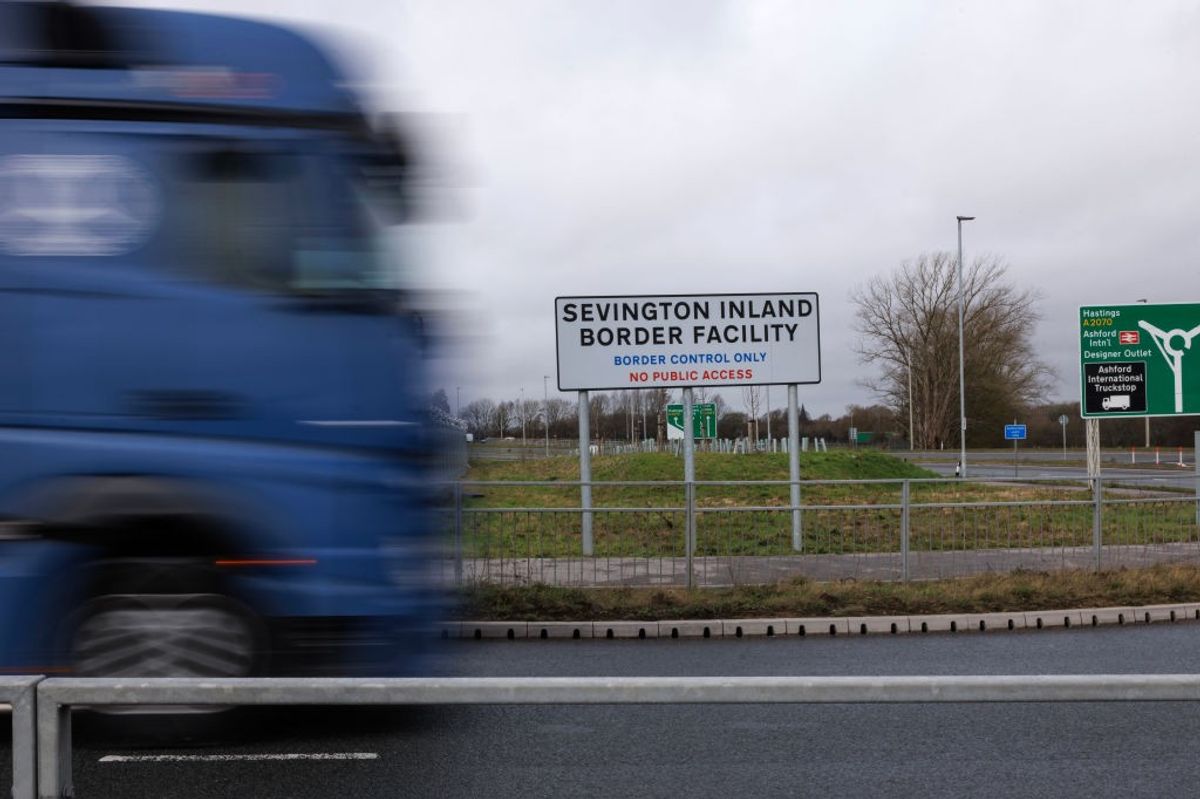Britain launched physical checks on fresh food products imported from the European Union on Tuesday some three years after it left the bloc's single market and eight years after it voted to leave the EU.
While Britain's major supermarkets and large EU exporting businesses have the resources to handle the paperwork and new demands, smaller retailers and wholesalers have warned of delays and disruption and said consumers should expect a reduced variety of quality goods, less fresh produce and higher prices.
The first phase of Britain's so called new Border Target Operating Model, requiring additional certification, came into force on 31 January.
A second phase kicked off on Tuesday introducing physical checks at ports for so called "medium risk" animal products, plants and plant products, such as meat, fish, cheese, eggs, dairy products and certain cut flowers. New charges have also been introduced.
The government says the new checks, which involve visual inspections and the temperature readings of goods, are essential to help prevent diseases and pests entering Britain and will level the playing field for UK exporters.
"It is essential that we introduce these global, risk-based checks to improve the UK's biosecurity," Cabinet Office minister Lucy Neville-Rolfe said.
"We cannot continue with temporary measures which leave the UK open to threats from diseases and could do considerable damage to our livelihoods, our economy and our farming industry."
Britain had repeatedly delayed imposing checks on EU imports. By contrast, the EU immediately enforced its rules, leading to port delays in 2021 and prompting some British exporters, such as cheese-makers and high-end beef farmers, to give up on selling to the bloc, at least initially.
The government says it will take a "pragmatic approach" to checks, prioritising the goods posing the greatest biosecurity risk and maintaining the smooth flow of imported goods.
However, last week UK lawmakers called for clarity from the government on the frequency of checks, saying businesses remained in the dark.
The government estimates its border rules will increase costs for importers collectively by £330 million a year, and increase food inflation by just 0.2 per cent over three years.
(Reuters)


